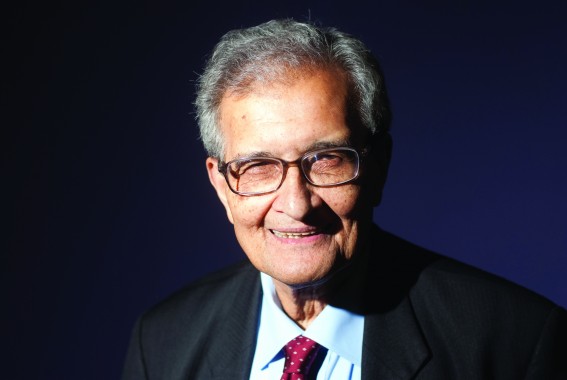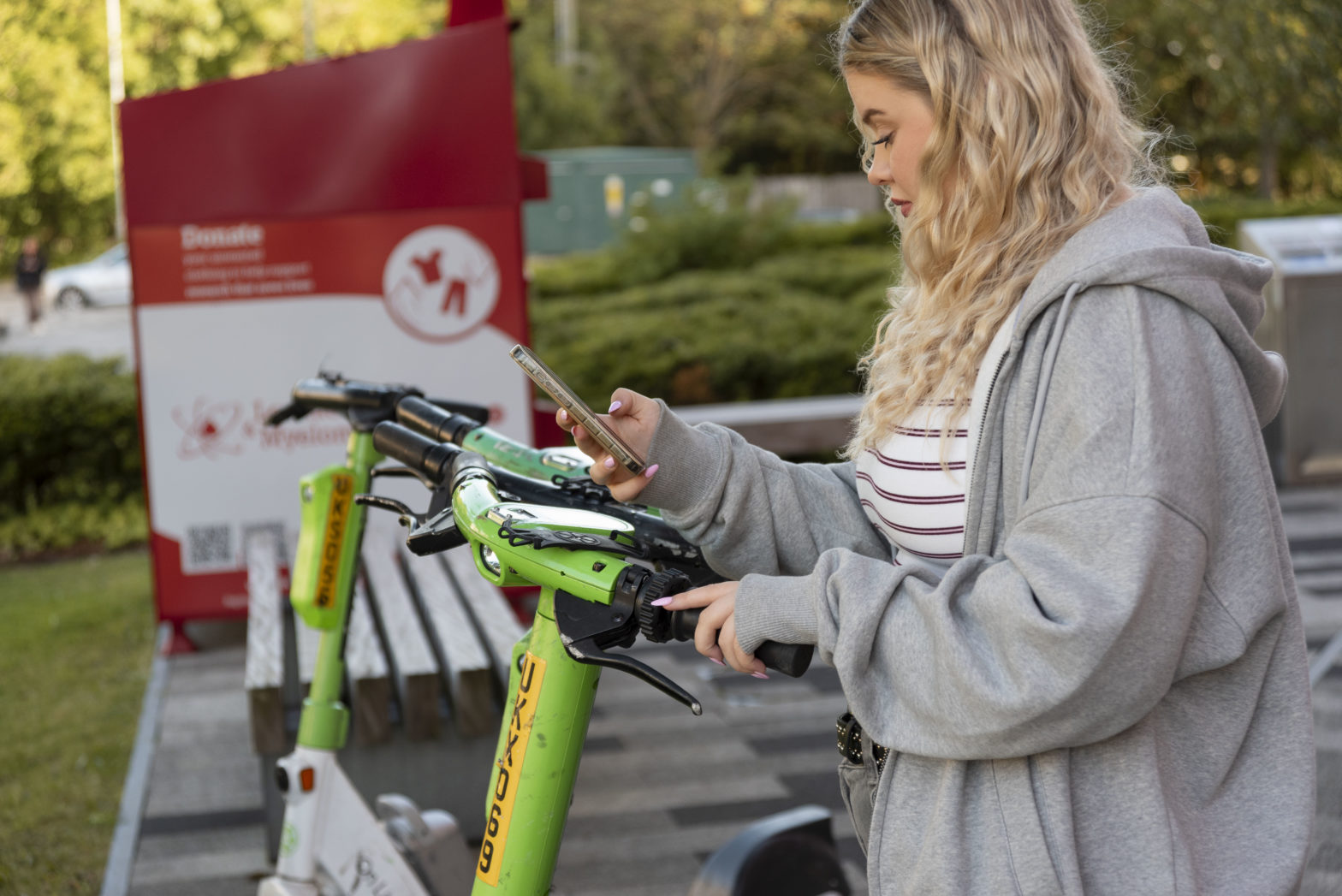
Photo: Picture_Univ-Glasgow_0409-567×380
Nobel Prize winner Amartya Sen to open International Transport Forum
22 March 2013
by Richard Forster
Nobel Prize winner Amartya Sen’s keynote speech will open the Annual Summit of the International Transport Forum (ITF) in Leipzig, Germany on 22 May 2013. The eminent Harvard economist and philosopher will set the scene for three days of debate and policy discussions on transport’s funding dilemma.
“We are thrilled that Amartya Sen will be addressing transport ministers as keynote speaker at the 2013 Summit on Funding Transport,” José Viegas, Secretary-General of the International Transport Forum at the OECD, told Cities Today. “His groundbreaking work on evaluating the impact of economic policy on the well-being of communities, large or small, is highly relevant to the questions we will be discussing in Leipzig.”
A world authority on social and ethical implications of economic decisions, Sen’s insights will be of keen interest to the expected 1,000 participants. Professor Sen will join ministers from the ITF’s 54 member countries, industry leaders and other top thinkers to discuss innovative ways to fund tomorrow’s transport systems in the face of tight budgets.
“We live in an era where the demand for mobility is exploding in the emerging economies and shifting structurally in the developed countries, requiring huge investments,” said Viegas. “At the same time, the traditional sources of public funding are drying up. If we want to continue to guarantee access and provide adequate mobility, we will need to come up with innovative ways of funding and financing.”
A prominent Indian philosopher and economist, Amartya Sen was awarded the 1998 Nobel Memorial Prize in Economic Sciences for his contributions to welfare economics and social choice theory, and for his interest in the problems of society’s poorest members. Sen is best known for his work on the causes of famine, which led to the development of practical solutions for preventing or limiting the effects of real or perceived shortages of food. He helped to create the United Nations Human Development Index and in 2012, he became the first non-US citizen recipient of the National Humanities Medal.














